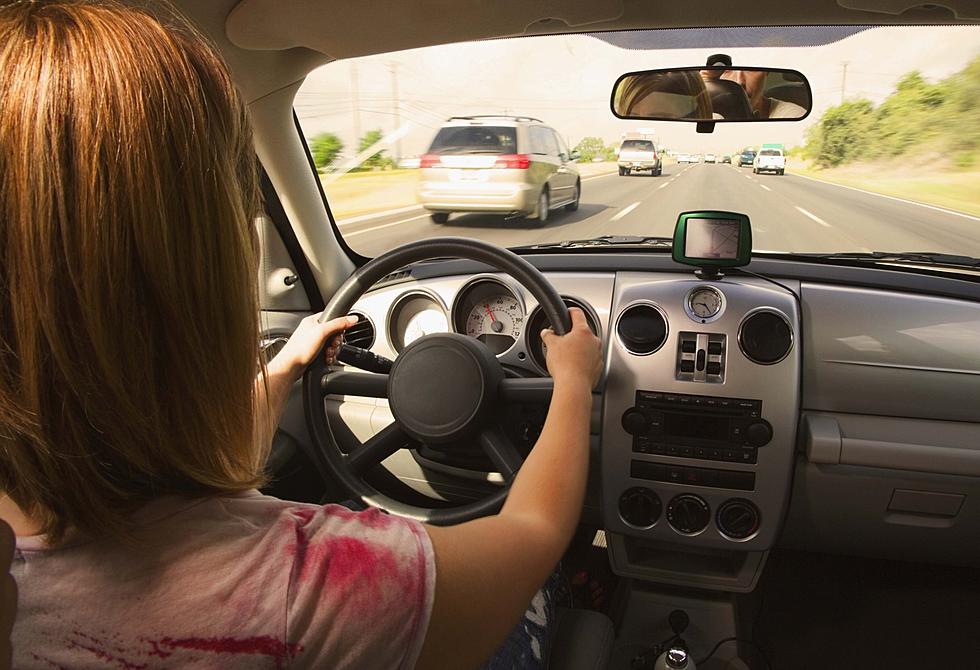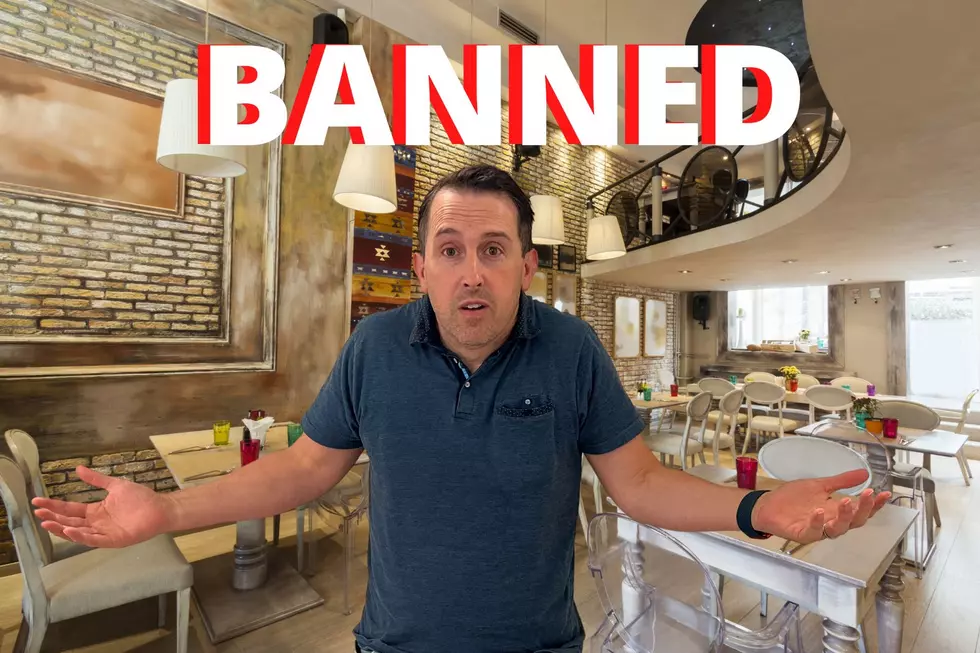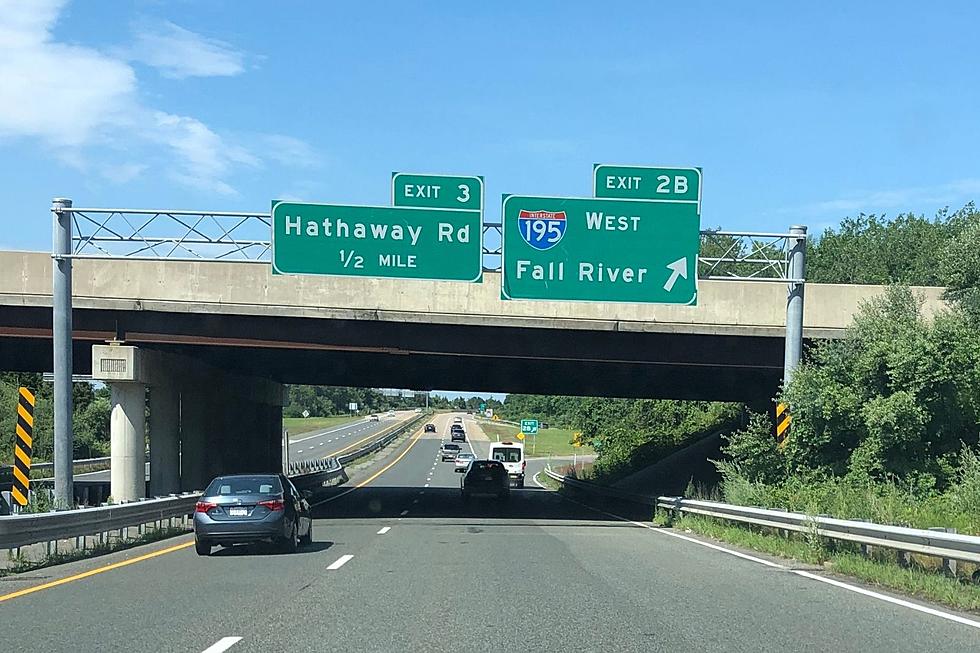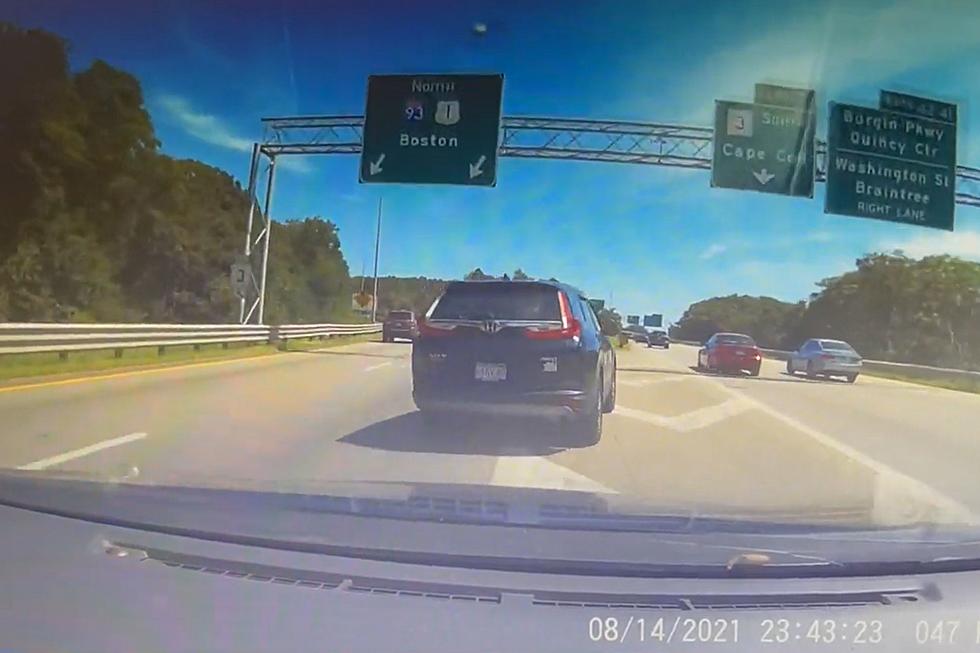
State Senate Passes Bill Banning Cell Phone Use While Driving
The Massachusetts Senate passed legislation today that will prohibit the use of handheld mobile devices while driving, unless they are in hands-free mode.
The so-called "Distracted Driving bill" was spearheaded by Senator Mark Montigny of New Bedford, a longtime advocate of the prohibition of mobile phones and devices being used while driving.
"As motor vehicle fatalities continue to rise across the United States and within Massachusetts, this legislation is vital. There's no reason why we shouldn't join neighboring states to give law enforcement the tools they need to keep us safe," Sen. Montigny said. "Distracted driving due to the unnecessary use of mobile devices has led to too many tragic injuries and loss of life. Hands free technology is readily accessible, affordable and easy to use."
According to the National Safety Council, motor vehicle crashes claimed well over 30,000 lives in the United States in 2013. Distracted driving, including cell phone use, accounts for 26% of those fatalities. The National Highway Traffic Safety Administration said that distracted driving claimed nearly 3,500 lives in the U.S. in 2015.
"There is no argument on the other side, other than if you want to make the Libertarian argument that government should stay away and let people do what they want," Montigny said. "That's fine, except when you're driving a multi-thousand-pound killing machine, and the innocent folks are usually the ones that get hurt or die."
Under the legislation, only in emergency situations will an operator be allowed to use a mobile device as long as they are the only person in the vehicle capable of doing so. The added assumption that an operator is in violation of the law if the device is in proximity to their head will provide law enforcement with the necessary tools to keep Massachusetts roadways safe.
The bill, S-2092, sets a fine structure of $100 for the first offense, $250 for the second and $500 for a third and all subsequent offenses. Insurance surcharges would also kick in with the third offense. Montigny believes that's far more expensive than investing in hands-free technology.
"Technology has developed to the point where it's free in most cases, or dirt cheap in others," he said. "So if you can't afford $2 for a piece of technology, I don't know how you're driving a car and I don't know how you afford a smartphone that's usually in the hand of the person violating the current law."
The bill would ban drivers from holding the phone, with the exception of a "single tap or swipe" to activate the device's hands-free mode. Drivers would not be able to use the phone's camera, social media, video calling, or write, send or read messages.
Even utilizing the GPS unit in the phone would require hands-free to be permissable under the law.
The bill expands on Montigny's original law that banned texting while driving, and would allow drivers 18-and-over to continue to use phones to make calls. Montigny and supports of the full handheld ban say that law has been hard to enforce, because those caught violating it just say there were making a call and not texting.
"But you're able to do all kinds of other things with your phone (now). So what does that do?" he said. "Clearly, it ties one hand behind the back of law enforcement, and de-incentivizes law enforcement, for the simple reason that most people know the law, and know how to skirt the law."
The bill now awaits passage in the House.
More From WFHN-FM/FUN 107









